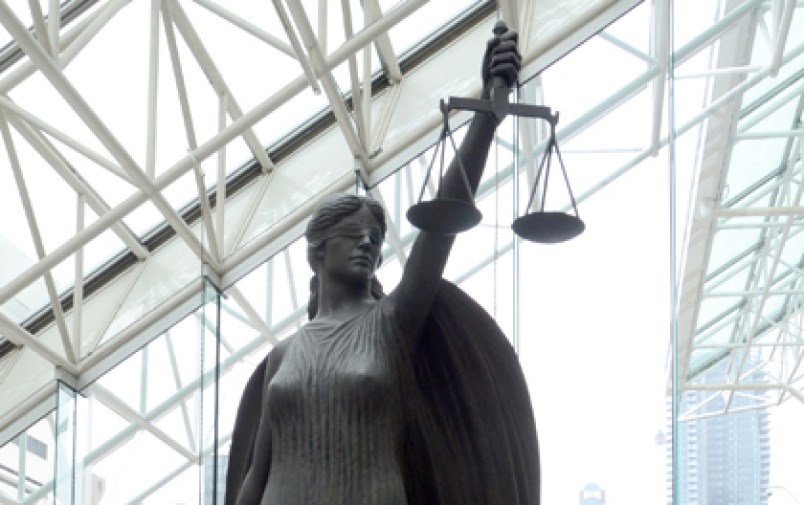A mother who abducted her three children and brought them from Hong Kong to Burnaby without their father’s knowledge or consent has been allowed to keep them here after an unusual B.C. Supreme Court ruling recently.
Catherine Shuk Wah Tang left her husband, Shiu Cheung Kung, in June 2019 amid “escalating conflict” between the couple, according to court documents.
Because a Hong Kong shelter she contacted could only accommodate her and her children (currently aged 12, 10 and seven) temporarily, she took them to her parents’ home in Burnaby.
She launched divorce proceedings this past March in Hong Kong district court and applied for interim and final custody of the children and leave to keep them in Canada pending trial – and permanently.
In her divorce petition, she alleged Kung had abused her starting around 2012.
But while that case was adjourned, Kung, who denied Tang’s abuse allegations, applied to B.C. Supreme Court in June for an order forcing Tang to return the children to Hong Kong.
He alleged Tang suffered from depression and bipolar disorder, which caused her to punish the children physically over trivial things, all of which Tang “adamantly” denied.
Kung made his application under the Hague Convention on the Civil Aspects of International Child Abduction, which is designed to secure the prompt return of children wrongfully removed from or kept in any country that has signed on to the convention – including Canada.
But there are exceptions to the convention’s mandatory return of children, including cases in which a parent has “acquiesced” (silently or passively agreed) to their removal.
Tang’s B.C. lawyer, Johanna Stein, argued Kung had acquiesced to his children’s staying in B.C. by doing very little to find out where they were or get them back.
In affidavits, Kung had said Tang and the children had “suddenly disappeared without any sign” in June 2019 and that he had reported their disappearance to police after he had tried to find them “by all means.”
One detail that undermined that claim, however, was four holidays he took in China and Thailand during his children’s disappearance – as evidenced by Facebook photos showing him on vacations for boxing training and scuba diving.
Kung said he had taken the holidays “to relieve his sadness and pain” over the children’s disappearance, but B.C. Supreme Court Justice Margot Fleming was unconvinced.
“Although a parent upset over the absence of their children might well vacation, a parent distraught over the disappearance of their children to parts unknown and at risk with a parent who is mentally ill would not,” Fleming said in a ruling last year.
She concluded Kung’s evidence was less reliable than Tang’s overall.
Her ruling also noted Kung had made his Hague Convention application just three days before the one-year time limit ran out.
Fleming ultimately concluded Kung had acquiesced to the children remaining in B.C.
She further concluded sending the children back to Hong Kong pending the conclusion of their parents’ divorce and custody proceedings would expose them to the risk of COVID-19 on a long international flight and be “highly disruptive” in the event Tang won custody.
Stein said it’s “very unusual” for children to be allowed to stay in such cases.
“Under ordinary circumstances, the children are sent back,” she told the NOW.
She said the purpose of the Hague Convention is to prevent parents who’ve abducted their children from so-called “forum shopping.”
“Once you’ve taken the children somewhere, it’s easier, potentially, to get a judge in the new country to let you stay,” she said.
For that reason, she said, the Hague Convention starts from the premise that children should be sent back right away unless certain exceptions can be proven – including acquiescence.
“There shouldn’t be a tactical advantage in favour of kidnapping,” Stein said.
After Fleming dismissed Kung’s Hague Convention application, the Hong Kong court ruled in December to allow Tang to keep the children in B.C., according to Stein.
Follow Cornelia Naylor on Twitter @CorNaylor
Email cnaylor@burnabynow.com



